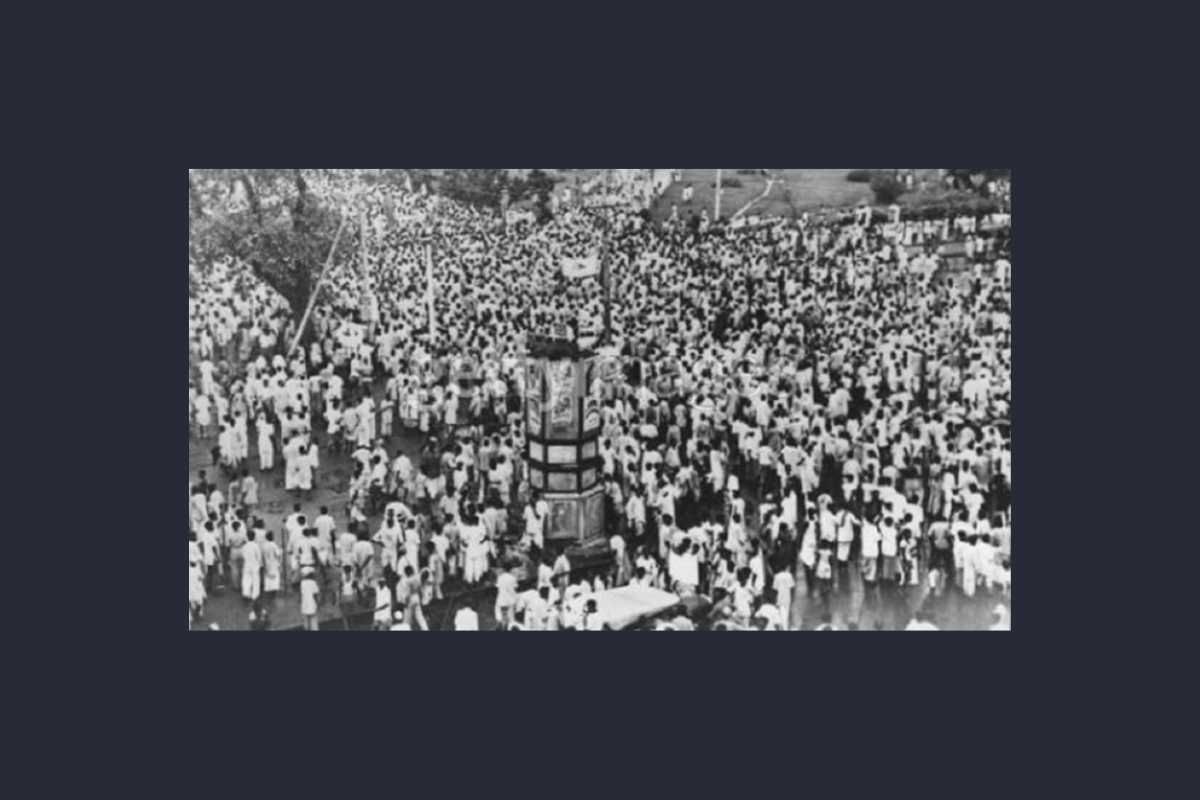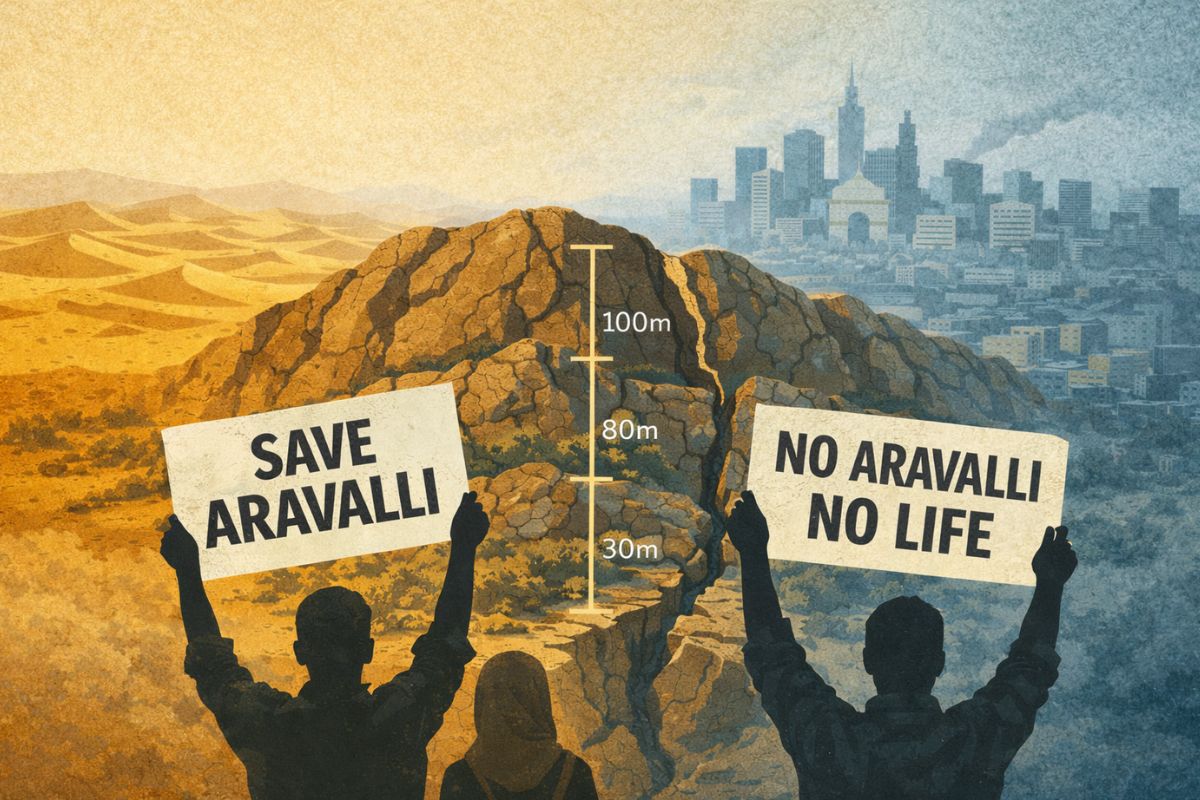Mappila means (lit. son-in-law; anglicized form Moplah) Malayali-speaking Muslims who reside along the entire length of the Malabar Coast of northern Kerala. By 1921, the Moplahs formed the largest and fastest-growing community in Malabar.
- In the 16th century, Portuguese traders came to Malabar Coast, they saw Mappilas which was a mercantile community as their competitors. When economic activities surged in the islands Mappilas started moving which lead to a clash between Hindus and Portuguese.
- Mopillahs launched a violent rebellion. Numerous acts of violence were reported and a series of persecutions were committed both against the British and the Hindu landlords.
- There are different views on this revolt some say that it was a struggle against British authority, and then there are others who perceive the Malabar rebellion to be a peasant revolt against the unfair practices of the landlords.
- There is a communal angle in this because Most of the landlords were Namboodiri Brahmins while most of the tenants were Mapillah Muslims. The riots led to the mass killings of over 10,000 Hindus, raping of women, forced religious conversions, destruction or damage of nearly 300 temples, looting, and arson of properties worth crores of rupees, and burning of houses belonging to the Hindus.
Politics of Moplah in New India
Yogi Adityanath Mentioned Moplah in UP Elections to prove his point that if Hindus will not realize how dangerous jihadi Mentality is, Massacres like Moplah will repeat. He wanted to inject fear in Hindu Voters by recalling that revolt. He said that “It is important at this time to understand our history from the right perspective. A nation that does not know its history, cannot protect its geography.”
Prajna Pravah, an organization associated with the RSS (Rashtriya Swayamsevak Sangh) has also demanded to term the Moplah revolt as genocide against Hindus.
You can connect with Ground Report on Facebook, Twitter, and Whatsapp. And mail us at GReport2018@gmail.com to send us your suggestions and writeups










